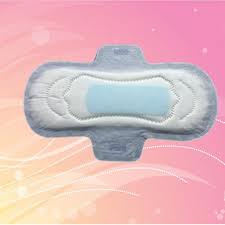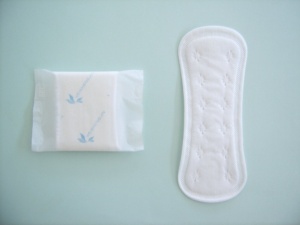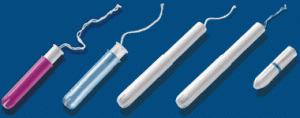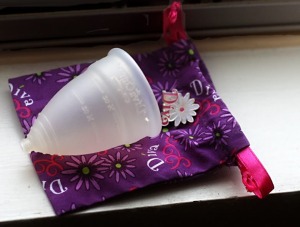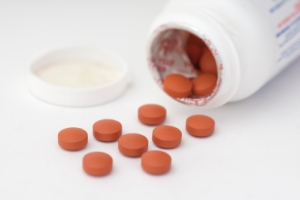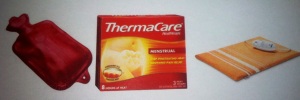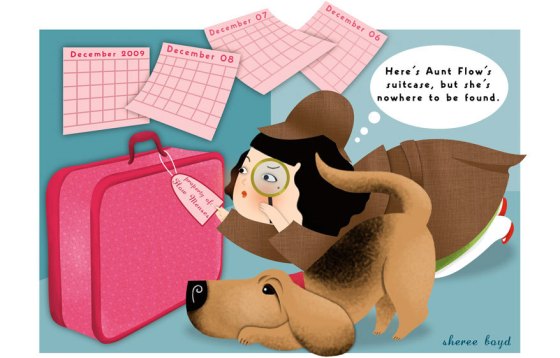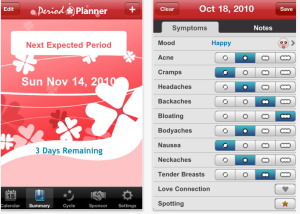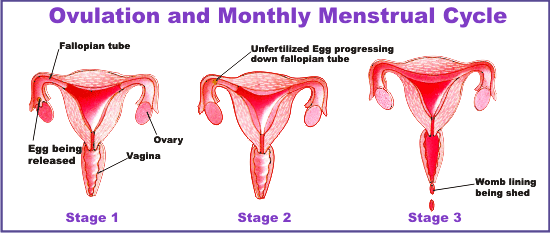Dear Shawna,
I think I’m pregnant, what should I do?!
-Anonymous
 One of the many things the health educators do at New Gen is help young women with this very same question. That’s why I have enlisted the help of AmeriCorps member AND health educator, Angela, to answer this question. To learn more about Angela, check out our Facebook page.
One of the many things the health educators do at New Gen is help young women with this very same question. That’s why I have enlisted the help of AmeriCorps member AND health educator, Angela, to answer this question. To learn more about Angela, check out our Facebook page.
Angela’s Response:
First, take a breath–thinking you might be pregnant can bring up a lot of different emotions. Next, pick up the phone and make an appointment to come see us at New Gen or at another family planning clinic. Here’s what you can expect when you visit New Gen for a pregnancy test appointment:
Making the appointment:
Give us a call at 415-502-8336 to schedule an appointment. If this is your first time coming to New Gen we will get some basic information from you over the phone. We will also ask when your last period started. We can only run a pregnancy test if you are at least 2 weeks late for your next period. This is because a pregnancy test might be inaccurate (wrong) if we do it too close to your last period.
The appointment:
When you come to New Gen you’ll start by checking in at the front desk and filling out any needed paperwork. The front desk will give you a plastic cup for your urine sample which we use to run the pregnancy test. After you use the bathroom, have a seat in the waiting room.
A health educator will call your name and take you to a private room. We usually have not run the pregnancy test yet, because we like to check in with you first. Your health educator will ask you a few questions about your period, your partner(s), what type of birth control you use if any, and why you think you might be pregnant. We let everyone know what their 3 options would be if it turns out they are pregnant (see below). This is a great time for you to ask your health educator any questions you have and to think about what you might do if the pregnancy test is positive or negative. The health educator will leave to run the test and come back in 5 to 10 minutes with the results.
The results:
No matter how you feel when you get the results, we are here to hear you out and provide the support you want.
If the test comes back negative, you are not pregnant (as long as you are at least 2 weeks late for your period and the last time you had unprotected sex was over 10 days ago). If you have had unprotected sex in the last 10 days, there is still a possibility that you could be pregnant, but it didn’t show up on this test. If this is the case, we will talk to you about the most appropriate time to test again to ensure an accurate test. At this point, if you are interested, your health educator can tell you about the different types of birth control we offer at New Gen (for free!).
If the test comes back positive, you are pregnant. You have three options: continuing the pregnancy and becoming a parent, continuing the pregnancy and doing an adoption, and ending the pregnancy with an abortion. Your health educator can tell you more about each option and answer any questions you may have. It’s okay if you don’t know what you want to do yet, many people want some time to think over their decision, while others know what they want to do right away. It’s also normal for people to change their mind. Whatever you decide, New Gen supports you and your decision 100%.
In most situations, Medical will pay for whatever option you choose. Your health educator will explain how to apply for Medical which will cover the cost of prenatal care or abortion services. All your options will also be confidential (private). In California, even if you are under 18, you can choose any of these options without permission from your parents or legal guardian.
In next week’s blog we will explain more about each of these three options and let you know about some great resources available for people who receive a positive pregnancy test. If you have questions about any of this, don’t hesitate to contact us via email, blog comment, phone, or dropping by the clinic. We are here to help!
-Angela Freitas, AmeriCorps member
Reviewed by Andrea Raider, NP

